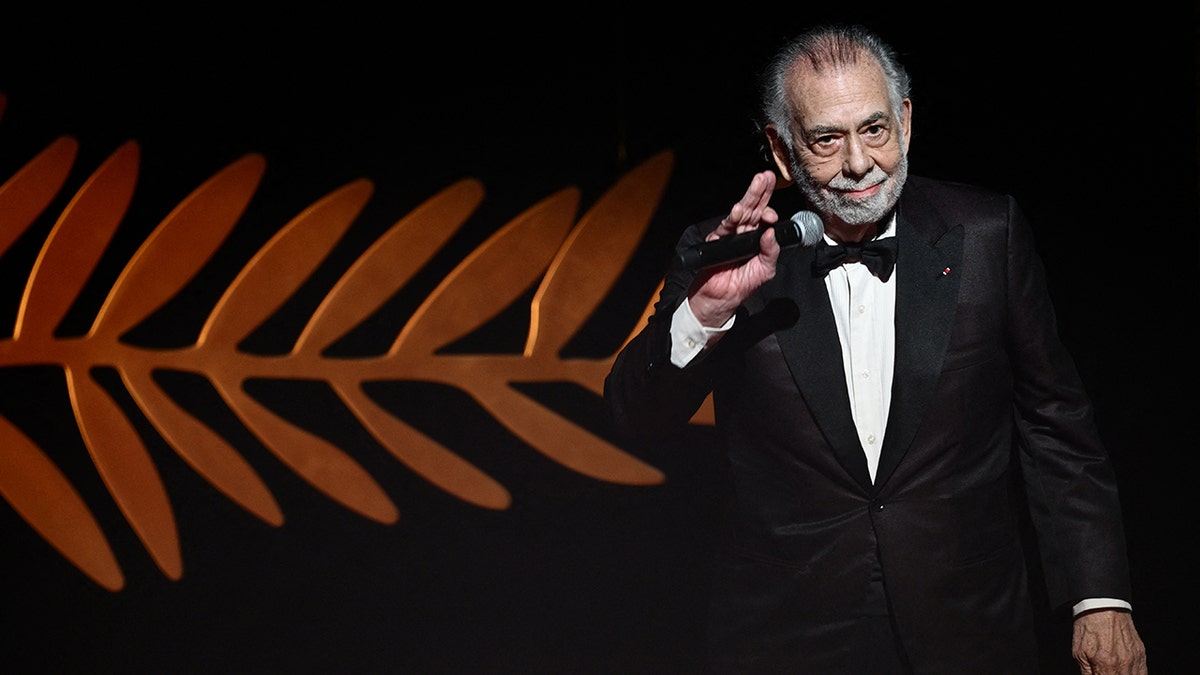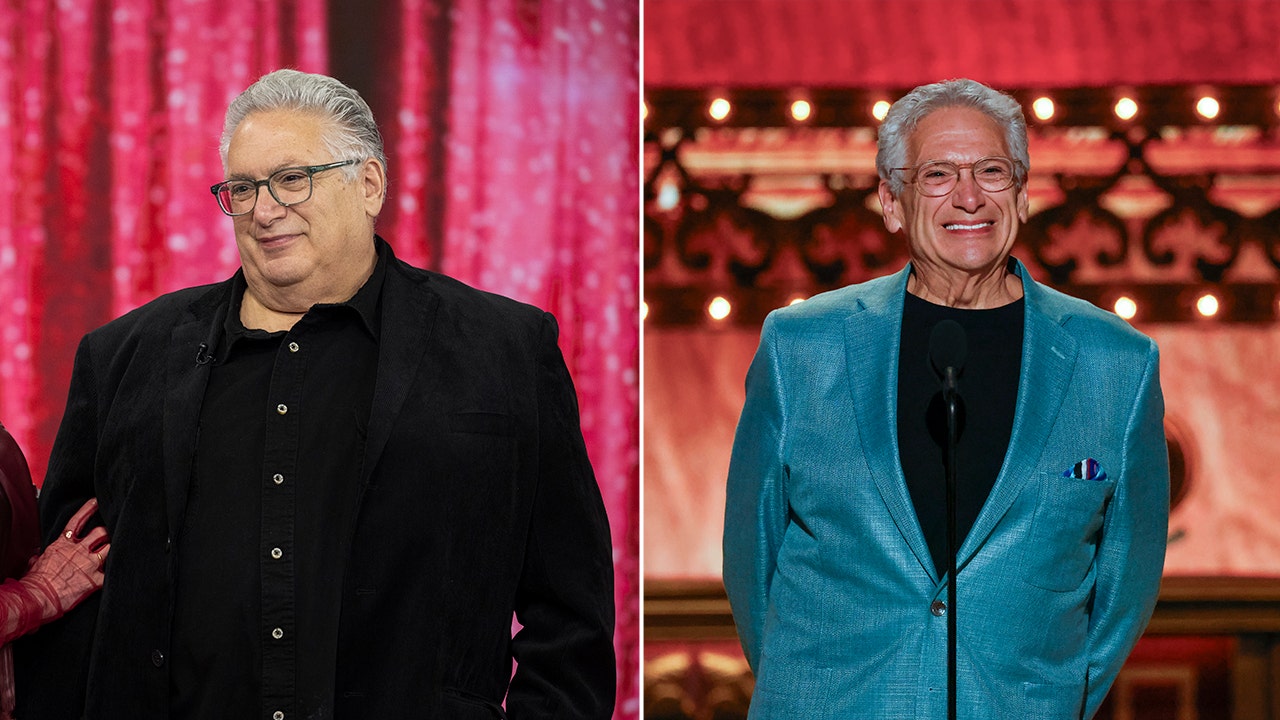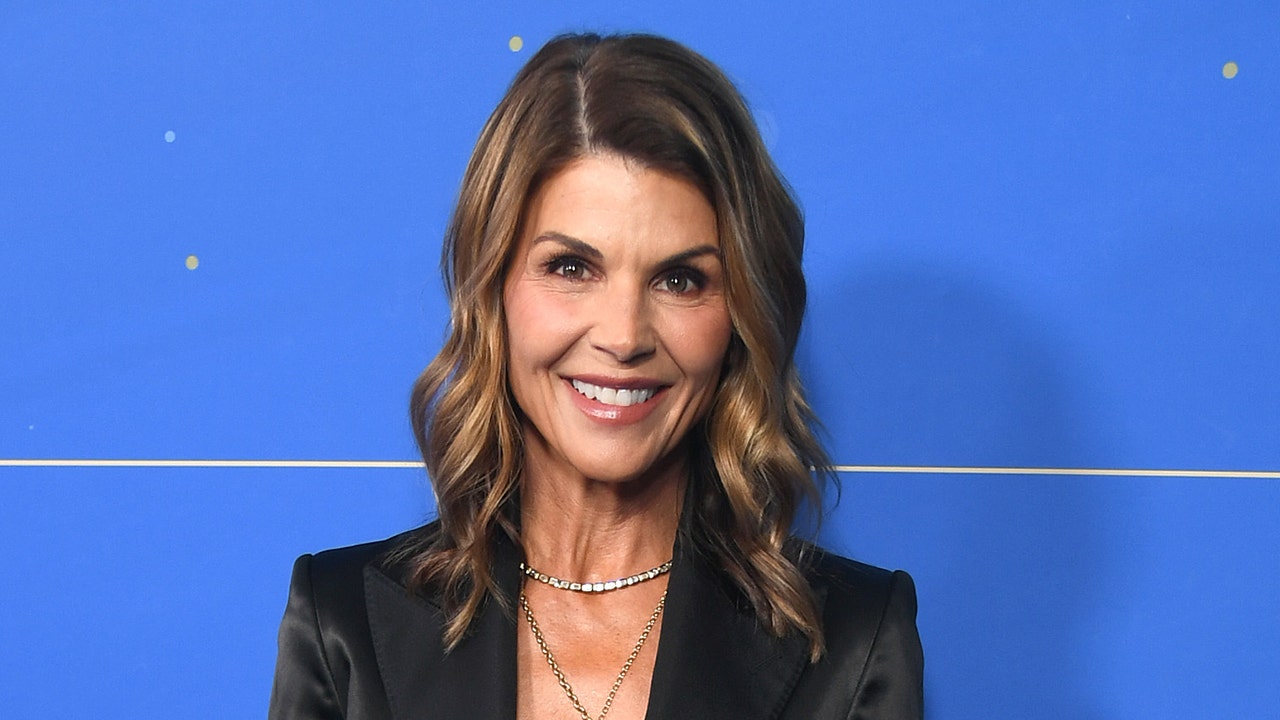Lionsgate Pulls “Megalopolis” Trailer Amid Quote Controversy
Lionsgate took swift action to withdraw the trailer for Francis Ford Coppola’s much-anticipated film “Megalopolis” after allegations surfaced that some of the critics’ quotes featured were false.
In a surprising turn of events, the trailer utilized excerpts from reviews of Coppola’s earlier works, but these quotes misrepresented the critics’ true sentiments. This maneuver has raised eyebrows in an industry already rife with unpredictable narratives.
“We screwed up. We are sorry.”
On the day of its release, the trailer made headlines for including commentary from esteemed critics like Pauline Kael and Roger Ebert, yet these comments misrepresented their actual critiques. It appeared the intention behind this decision was to underscore the divisive nature of Coppola’s iconic films, such as “The Godfather” and “Apocalypse Now,” particularly in relation to the reactions to “Megalopolis,” the independently financed $120 million spectacle set to premiere in September.
A notable quote attributed to Kael claimed that “The Godfather” was “diminished by its artsiness.” In twist of irony, Kael never expressed such a sentiment; in fact, her admiration for “The Godfather” is well-documented in her March 1972 review for *The New Yorker*. Similarly, Ebert did not opine that Coppola’s “Bram Stoker’s Dracula” exemplified “a triumph of style over substance.” Furthermore, the quotes regarding “Apocalypse Now” from Rex Reed and Vincent Canby were also fabricated.

Coppola’s Controversial Persona Under Scrutiny
The narrative surrounding “Megalopolis” does not just end with the fabricated quotes. The film has encountered its share of controversies, particularly with allegations about Coppola’s behavior towards women on set. A report from *The Guardian* in May accused the revered director of engaging in what some termed “old school” antics.
Sources reported instances where Coppola allegedly encouraged women to sit on his lap. During the shooting of a nightclub scene, he reportedly attempted to kiss women in revealing costumes, justifying his actions as a means to “get them in the mood,” as detailed in the outlet’s coverage.

Voices within the Production Community
In light of the controversy, Darren Demetre, the executive co-producer of “Megalopolis,” defended Coppola. He expressed, “I have known and worked with Francis and his family for over 35 years.” He highlighted his involvement as an assistant director and executive producer, noting the complexities involved in delivering such a colossal independent film while adhering to Coppola’s creative vision.
Demetre described a specific two-day shoot for a club scene reminiscent of the iconic Studio 54 atmosphere. He explained that Coppola interacted with cast members through friendly hugs and cheek kisses to foster the scene’s spirit. He remarked that he had never heard complaints of inappropriate behavior during the production.
These unfolding narratives invite audiences to contemplate the intricate dynamics within the film industry. Whether the allure of Coppola’s cinematic legacy will overshadow these controversies remains uncertain. In an age where authenticity is paramount, the handling of such missteps carries weight for creators and audiences alike.
Interestingly, did you know that the last major film shot at the real Studio 54 was “The Wolf of Wall Street,” which starred Leonardo DiCaprio? Moments such as this encapsulate the magnetic intersection of Hollywood and New York culture—an emblem of a bygone era. As “Megalopolis” makes its bids for attention, one can’t help but ponder how much the past still casts its shadow on the present.




































